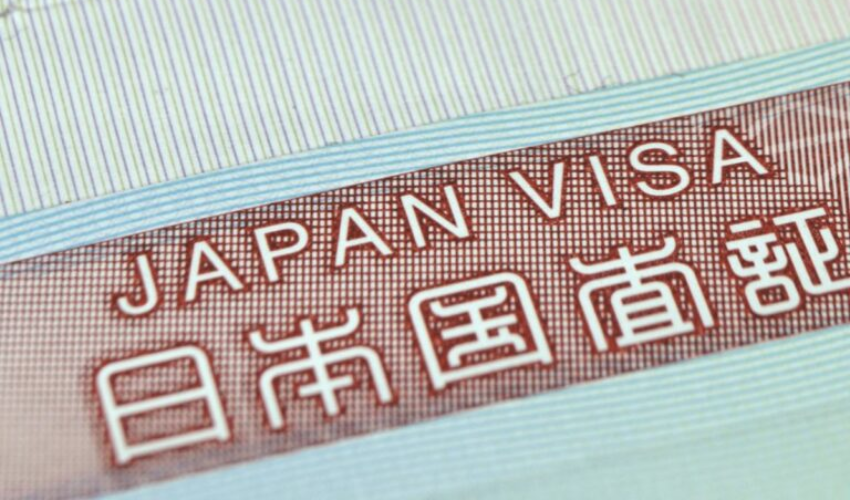Chief Justice of Pakistan (CJP) Yahya Afridi shared insights about his appointment and outlined his vision for judicial reforms during a meeting with members of the Supreme Court Press Association.
The CJP admitted that the decision to appoint him as the top judge was made in haste, without thorough contemplation, adding that he had not thought about it.
Justice Afridi reflected on the judiciary’s challenges over the past three to four years, saying judges had taken positions against each other. However, he stressed that those days had passed, and called for unity and collective wisdom to guide the judiciary forward.
"The Supreme Court is like Titanic -- it cannot be changed overnight. But by correcting its direction, we can enhance the delivery of justice," he remarked. He underlined the importance of constructive criticism of judges but cautioned against unfairly grouping them or levelling accusations. "They cannot respond to any accusation," he added.
Reforms and pending cases
Justice Afridi expressed determination to expedite the resolution of pending cases, especially those related to missing persons. He also pledged to address longstanding complaints from prisoners about prolonged case neglect. "During the visits to Gwadar and Quetta, the cases of missing persons shook me; they will be taken up," he asserted.
Reaffirming his commitment to reforms, he highlighted steps such as the activation of the Supreme Judicial Council to address complaints against judges that are ongoing, the formation of special benches for election, criminal, and tax cases, and the establishment of mechanisms to hear urgent applications. He noted that Supreme Court judges had recently cleared 8,000 cases in a short period.
Saluting judicial contributions
The CJP lauded Justice Mansoor Ali Shah’s contributions to advancing the mediation system in Pakistan, describing it as a significant step toward alternative dispute resolution. "I salute Justice Mansoor Ali Shah for his work on mediation," he said.
Justice Afridi emphasized his belief in leading through consensus and collaboration rather than imposing his opinions. "All judges are brothers. I do not impose my opinion on any colleague or friend. We must move forward with common wisdom," he stated.
He reiterated that there would be no interference in the independence of the high courts or subordinate judiciary, ensuring that every judge remains free to adjudicate cases independently.



























